RETRO – He started out as an up-and-coming general and political leader, he quickly rose to the top thanks to his explosive military successes, and then became the Emperor of France. He was characterized by huge ambitions and excellent tactical skills, and was feared by the whole of Europe. Who else but Napoleon Bonaparte: About the newest hero of the Total War series… The retro review of this 2010 game is Ridley Scott’s Napoleon, which will be released soon we picked it up again after his film.
After Alexander the Great and Caesar, we can welcome another world-famous general: Napoleon Bonaparte in the latest of Creative Assembly‘s famous strategy game series, in Napoleon: Total War. Like his illustrious predecessors, Napoleon is a perfect choice for another world-conquering strategy game. The legendary Bonaparte lived in an era in which various European nations fought bloody wars with each other, and Napoleon was only able to defeat his enemies and conquer a number of countries thanks to his charismatic character and military skills. The short Corsican man’s military genius was unparalleled in his day, so the only question was whether Creative Assembly made a game worthy of him?
Vive la liberté?
The Creative Assembly team was aware that Napoleon’s famous conquests could not be played in a “traditional” way, so the campaign mode is much more linear this time for the sake of historical fidelity, we can take part in military operations linked to specific events. If you don’t count the training part, you can conquer the world with Bonaparte in a total of three campaigns. Thanks to the linearity, we have to stand in exactly the battles in which Napoleon participated. For example, we will fall into the struggles of the rival Italian city-states while we lead our armies towards Vienna in Italy, but we will also sweat in the scorching heat of Egypt with our army and breathe the rising desert dust. Even the smaller battles are based on real historical events, and our generals are real-life personalities.
It can be seen that Creative Assembly put their parents in this time so that the historical fidelity is as perfect as possible when developing the campaigns. Unfortunately, the downside of this is that the war events are constantly repeated during each new playthrough or when reloading. In English, the most important battles are unmissable stops in the campaigns and you cannot deviate from them. Another limitation is that, due to the completely separate and developed historical background of the three main campaigns, our successes or failures do not affect where we start from.
Those who preferred the completely free gameplay of the previous parts may find this level of constraints confusing, despite this, there is no question that the three campaigns are monotonous, it just felt a bit like leading Napoleon’s armies in the ancient 2000-2001 Shogun: Total I would have dropped back into War. Of course, not everyone sympathizes with Napoleon, instead he favors his Corsican enemies, and the creators have thrown together a separate campaign for them as well, which can be launched from the “Coalition’s Grand Campaign” menu item.
Here, we can choose from the four great powers opposing Napoleon and our main goal is to stop the aggressive conqueror. Fortunately, the gameplay in this campaign is not as linear as Napoleon’s, as several unexpected events can occur, but it is still more fixed than in other Total War titles. Don’t worry, the modders will polish their skills so that we can deal with one of the neglected smaller nations much more than the campaign allows – let’s go Austro-Hungarian monarchy! At the same time, historical fidelity suffers a bit in this campaign, as the members of the Coalition are forced to confront each other, despite the fact that this did not actually happen. When, for example, a target city in which a member of the Coalition is stationed needs to be captured, it must be attacked, even though it was actually an ally.
Money and weapons
During the campaigns, by managing our cities and armies on the main map, we have much less trouble with the war tactics of the enemy nations, since the artificial intelligence reacts somewhat passively and slowly to our military movements, rather the creation of logistics and financial background can cause difficulties. There is no need to be afraid, the program does not simulate the boredom of an accounting program, it is simply a matter of constantly maintaining and increasing revenues in order to be able to finance our ever-expanding army. Moreover, we need to strengthen our army as much as possible not only because of the rival nations, but we also need to provide local militia in the occupied cities, otherwise the population will riot against us.
By the way, Napoleon was truly a master of logistical issues, not only did he deal in depth with conquests, so the game complies with historical fidelity in this area as well. Keeping the already conquered territories and developing the public administration of small and large cities is therefore just as tough a challenge as standing your ground on the battlefield. In addition to cities, we have to deal with the development of new technologies, and we also have to maintain diplomatic relations with other nations. It should be added that those who prefer to fight can easily get bored of these “cheats” – all the more so because the game cannot be compared to Civilization in terms of the “world manager” part…
Multiplayer
The most significant innovation of the campaign part is that we can jump into it in multiplayer mode. In general, multiplayer is boring in turn-based strategy games because all you can do is grind until the other side has finally finished their turn. It took the good old Sid Meier to finally solve this problem in Civilization IV by allowing us to act even after the end of the round and exactly this system is followed by Napoleon: Total War</ em> also: we can deal with public administration and construction while the other player controls his armies.
Of course, it would still be extremely boring to wait for our fellow players to finish their real-time battles on the battlefield, so it’s a great idea from the creators that we can take control of the opposing army even if it’s not ours. Let’s just say it can be a little weird when you’re playing co-op and suddenly find yourself on the enemy’s side, but regardless, the basic concept is great. Unfortunately, it is less positive that if the other player’s Internet connection is interrupted right in the middle of the fight, the battle and the game will simply end – unlike other RTSs, where the artificial intelligence takes over.
“It’s good to be a cavalryman”
Recruiting is one of the mainstays of strategy games, but constantly replenishing our armies is a bit boring, so it is a great solution that in Napoleon: Total War it happens automatically if you are in a friendly city. If one of our generals is in the army, we can recruit even while stationed in the open, although the extent of this depends on many things: for example, how far we are from the cities, how big is the “amount of people” in the area, and whether there is a supply chain in the city. On the other hand, we cannot recruit in enemy territory at all, and our soldiers not only simply die on the battlefield, but also get sick in the icy winter wind, or desert if they suffer from the terrible conditions.
Elite units are not the only ones affected by these negative effects, but even with them it is worth carefully planning where to station your army. We can recruit not only ordinary bucks, but also colonels. Each of our generals has individual qualities and abilities and it is worth protecting their lives on the battlefield, because the morale of our army is significantly weakened if they bite the dust, and the performance of armies without a leader is also much weaker. The general especially boosts the morale of his own squad: there is no more devastating cavalry charge than when our general charges at the head of his cavalry on the hurrying infantry, but our nearby squads also benefit from the leader’s “aura”. This is especially true of Napoleon, but the special abilities of the other commanders also have a strong effect on the army.
Living, breathing battlefield
The Total War series has always been famous for the incredible realism of its battles, and Napoleon is no exception. Each unit behaves exactly as we see it in historical or historical documentaries: the gun squads use their horses to pull the cannons and turn the barrels when the enemy needs to be shot, the cavalry charges with a murderous charge on the halting infantry squads, and one by one mow down the helpless soldiers, and the musketeers carefully load the rifles before firing at the enemy. All this is coupled with the excellent animation of the units: it seems that the graphic designers could have studied a series of historical films to develop them. By the way, the game is not bloody at all, but after the clashes, it is still a heart-wrenching sight as the dead lie on the ground: the soldiers are leaning on their rifles, the hussars are buried under the horses, the gunners are lying next to the pipes.
Cannon fire not only shoots buildings into flaming ruins, but also leaves a mark on the ground. Creative Assembly has always been a master of developing battlefields, and here the team tried their best to reproduce even the smallest details of the murderous whirlwind of battles. Similar good things can be said about the construction of the contemporary buildings, which are not just simple landmarks, but excellent models of the small villages and towns of the late 18th century. When we hide in the buildings with our squads to fire at the enemy from there, we can see them through the windows holding their rifles to their shoulders. The only somewhat amateurish move is that when they are attacked from the outside, the charging soldiers swarm in front of the door like “anthills”. The appearance of the units is much more varied than in the previous parts: we finally don’t have to watch the “clone war”.
There are also various weather elements: fog clouds of different levels roll over the ground, sandstorms blow the uniforms of our sweating soldiers on the Egyptian battlefields. Even the large maps are colored by various effects: we can see a cloud of dust over desert landscapes, and fog in other areas. Of course, the great spectacle wouldn’t be worth anything if the fights themselves were…fights. Since Napoleon is a standalone add-on to Empire: Total War and not a full-fledged sequel, the gameplay has not changed much in this regard. Unfortunately, this is also true for mistakes: we can still adjust the formation of our armies and where they face quite quickly. The route finding of the artificial intelligence is not perfect either, in fact, it even happened that my glorious army got stuck in some building or other landmark and could not move forward because of this.
“Total” success?
Napoleon is a great part of the illustrious Total War series, but it is nowhere near the best. Perhaps the creators were a little too attached to specific historical events, so we can’t conquer territories so freely, but have to be tied to the actual military movements of the famous warlord. Of course, this also has a positive side: those who want to have exactly the same military career as Napoleon did will appreciate this solution. The multiplayer campaign mode is a great addition, and it’s generally well done. The multis option came in handy especially in light of the fact that the artificial intelligence is not very good on both the main map and the battlefield – it is too passive and sometimes tries to “surprise” the player with particularly stupid moves. I therefore recommend to all Total War veterans and newcomers alike to try to find a human opponent in the campaign part as well – it is not only more enjoyable, but also much more challenging to conquer the world this way.
-Gergely Herpai BadSector-(2010)
Pros:
+ Excellent historical fidelity accompanies the game throughout
+ And in terms of the realism of the fights, Creative brings the usual quality
+ How many games can you control Napoleon?
Cons:
– Too linear gameplay
– Artificial intelligence errors slightly spoil the overall picture
– Major innovations wouldn’t hurt either…
Publisher: SEGA
Developer: Creative Assembly
Style: Strategy game
Published: 2010
Napoleon: Total War
Gameplay - 8
Graphics - 8.4
Strategic elements - 8.3
Music/audio - 8.4
Ambiance - 7.9
8.2
EXCELLENT
Napoleon is a great addition to the illustrious Total War series, but it's far from the best. The makers have perhaps been a little too adherent to specific historical events, so that we are not so free to conquer territories, but must be tied to the actual military actions of the famous general.

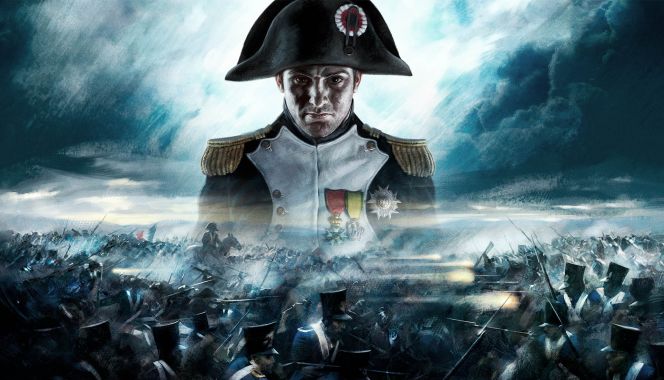
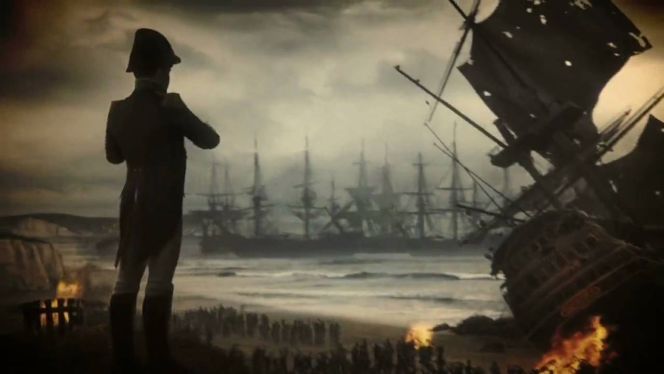
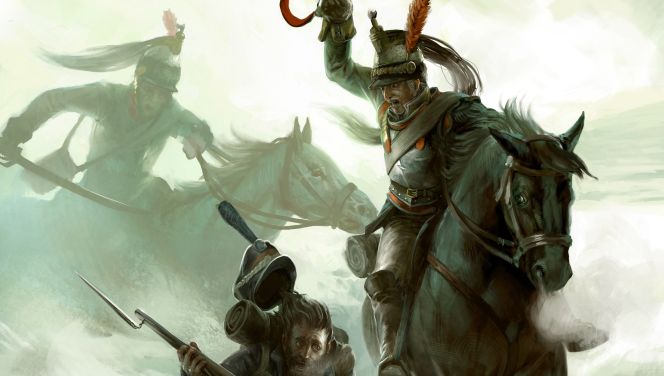
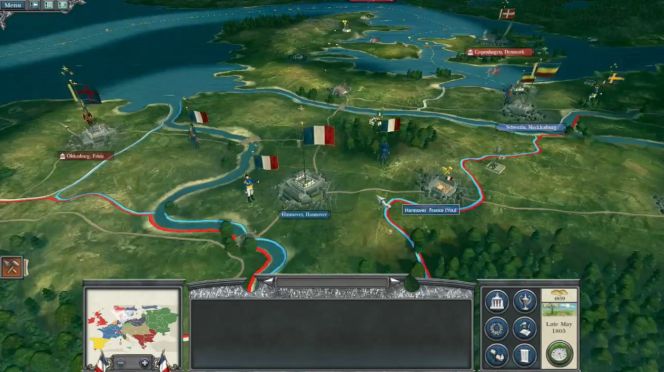
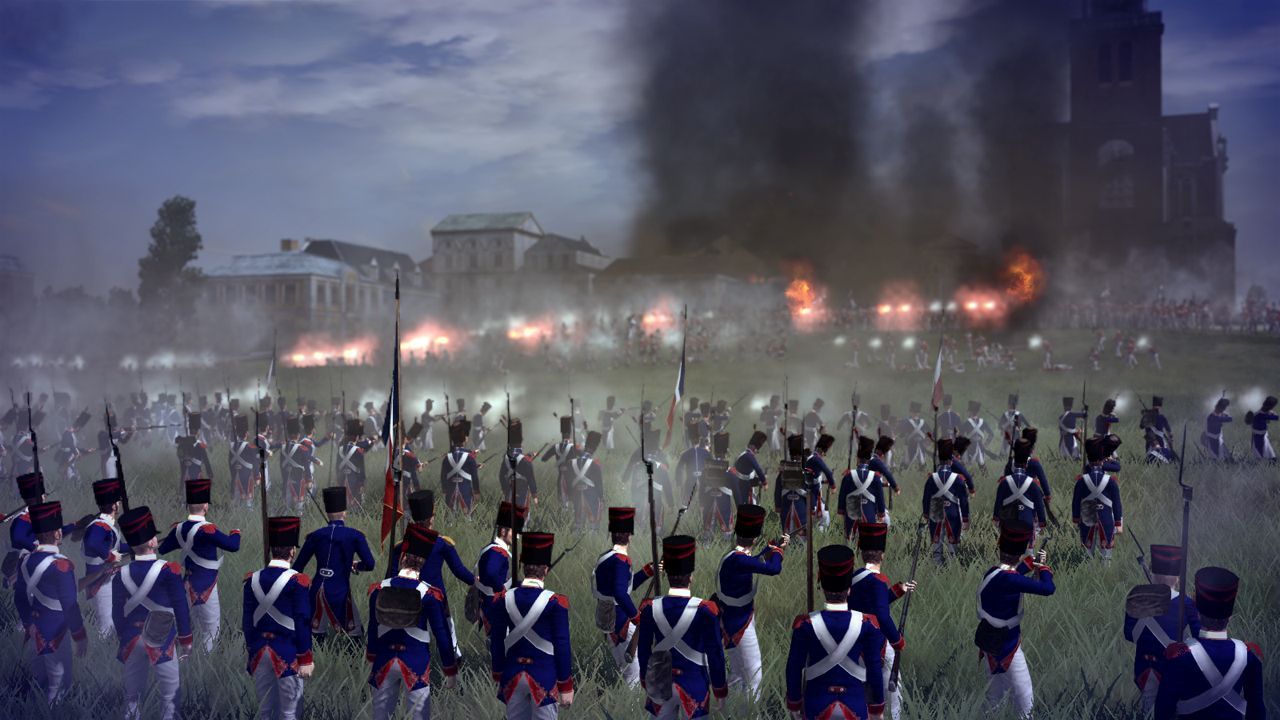
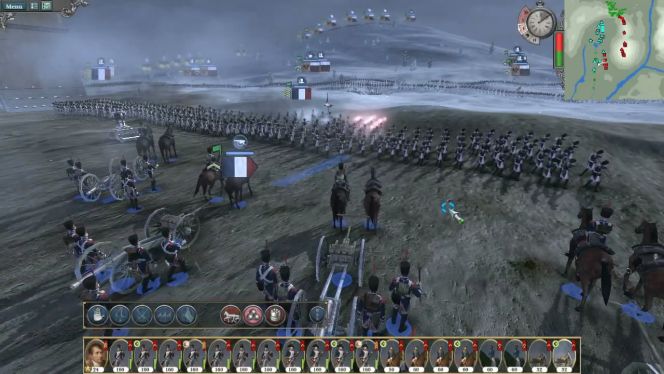
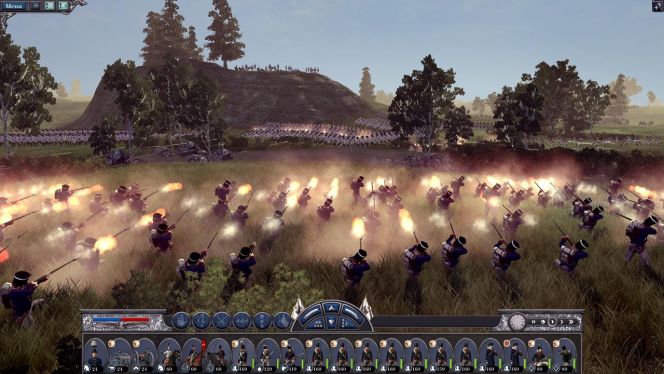
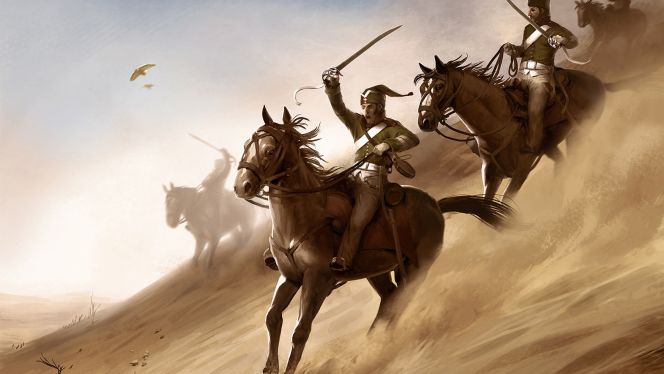

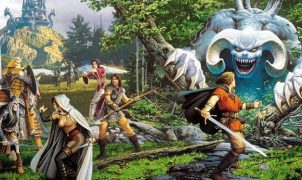
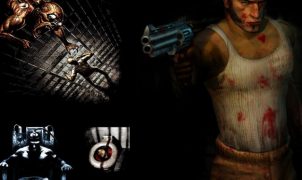
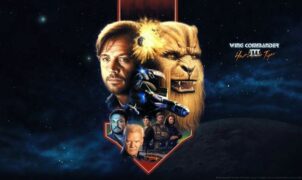


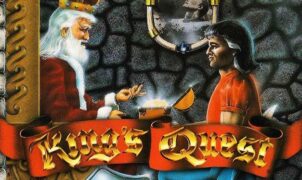
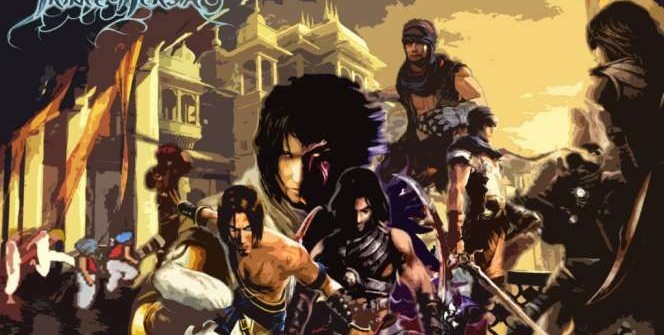
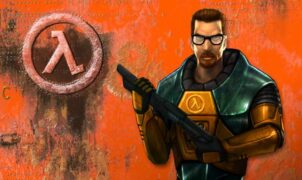
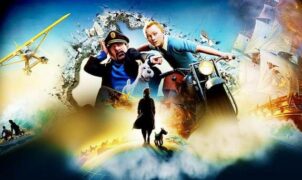
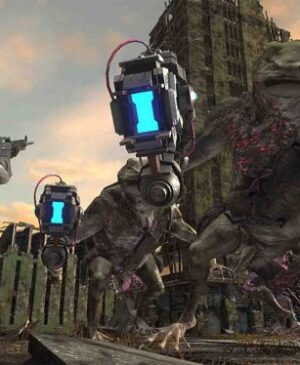


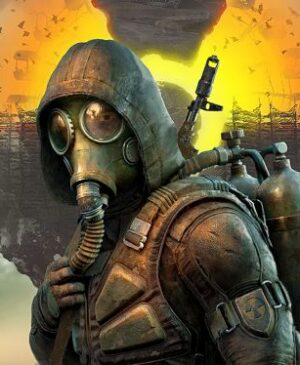
Leave a Reply